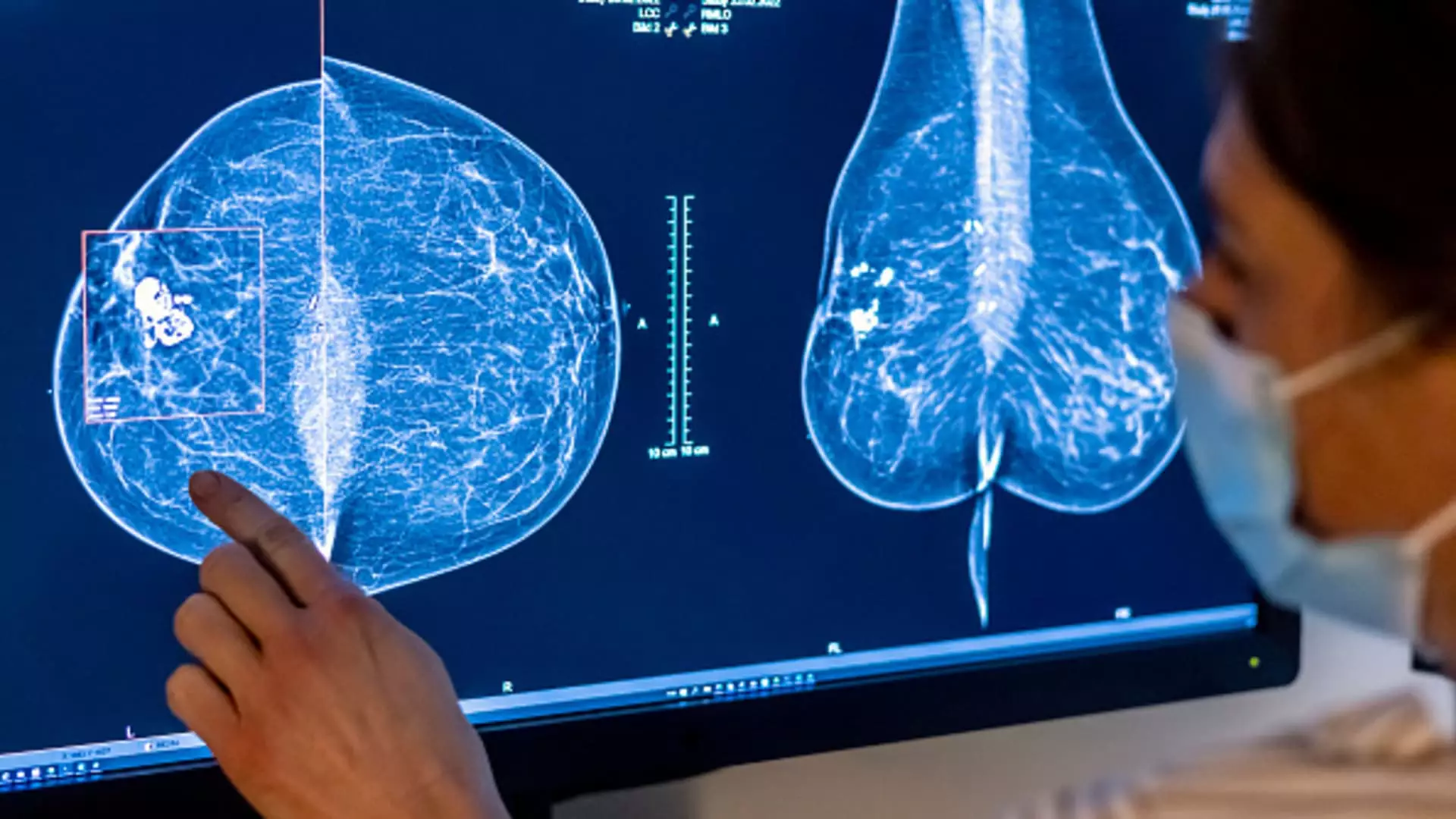An exciting and rapidly expanding market emerged at the JPMorgan Healthcare Conference in San Francisco in 2023, with antibody-drug conjugates (ADCs) taking center stage. These innovative drugs, which selectively target and kill cancer cells, while minimizing damage to healthy cells, have garnered substantial interest from biotech and pharmaceutical companies. This article delves into the factors fuelling the rise of ADCs, the potential market growth, advancements in ADC technology, and the strategies employed by key players in the industry.
Traditional chemotherapy has limitations, as it affects both cancerous and healthy cells, leading to unwanted side effects. In contrast, ADCs offer a more targeted approach that has captured the attention of industry experts. Johnson & Johnson’s recent acquisition of ADC-developer Ambrx Biopharma for $2 billion underscores the potential of these therapies. Pharmaceutical giants like Pfizer and Merck have also recognized the value of ADCs, with significant investments in this area to drive future growth.
Multiple factors are contributing to the continued growth of ADCs in the cancer treatment landscape. Increasing confidence in ADC technology among companies and researchers, longer market exclusivity, and the emergence of attractive ADCs from drugmakers in Asia are some key drivers. Analysts estimate that ADCs could represent $31 billion of the $375 billion global cancer market in 2028, demonstrating their commercial viability. The potential for significant profits has sparked a fear of missing out (FOMO) among businesses, leading to increased interest and investment in ADCs.
ADCs have been in development for over two decades, but recent advancements have unleashed their full potential. Technological improvements have made newer iterations of ADCs safer and more effective, building confidence within the industry. Regulators worldwide have approved a dozen ADCs, with the earliest approval dating back to 2000. The industry’s growing confidence in ADCs has also been fueled by a steady surge in approvals and acquisitions, which has led to a perceived lower-risk development path.
The future of ADCs looks promising with the emergence of next-generation versions that offer a greater breadth of treatment options. AstraZeneca and Daiichi Sankyo jointly developed Enhertu, which has shown remarkable potential in treating breast cancer patients with varying levels of the HER2 protein. Drugmakers have also focused on improving key components of ADCs to maximize efficacy and minimize side effects. These advancements have paved the way for a new wave of ADCs that could revolutionize cancer treatment.
While ADCs hold enormous promise, they are not without limitations. Cancer tumors can develop resistance to these therapies over time, reducing their effectiveness. The failure of Sanofi’s experimental ADC in a late-stage trial highlights the risks involved in developing these drugs. However, companies from Japan and China have rapidly emerged as effective ADC developers, bringing innovative iterations of the drugs to market. This collaboration with international drugmakers has fueled further advancements and increased competition in the field.
The complexity of ADC technology presents both challenges and opportunities. The intricate nature of ADCs makes it difficult for other companies to create biosimilars, allowing drugmakers to maintain high prices for longer periods, thus maximizing profits. Companies like Gilead have priced their ADCs high, with Trodelvy having a list price of over $2,000 per vial. Market forecasts suggest significant growth in new cancer drug sales for companies investing in ADCs, such as Merck’s estimated $20 billion by the early to mid-2030s.
Pfizer, facing a challenging year in 2023, sees ADCs as a potential avenue for recovery. The company’s acquisition of ADC-developer Seagen for $34 billion positions Pfizer as a leader in the oncology field. Pfizer’s CEO, Albert Bourla, emphasized the promise of ADCs in revitalizing the company’s reputation and driving growth. The expertise gained through the acquisition will enhance Pfizer’s capability in developing and commercializing ADCs.
The growing interest and investment in ADCs highlight the transformative potential of this technology. Continued developments, advancements, and strategic partnerships in the field will shape the future of cancer treatment. With the market estimated to reach billions of dollars, the allure of ADCs is set to grow, with the anticipation of improved patient outcomes and increased survival rates. The potential for a new era in cancer treatment driven by ADCs offers hope to patients and underscores the importance of ongoing research and innovation in the field.

Leave a Reply